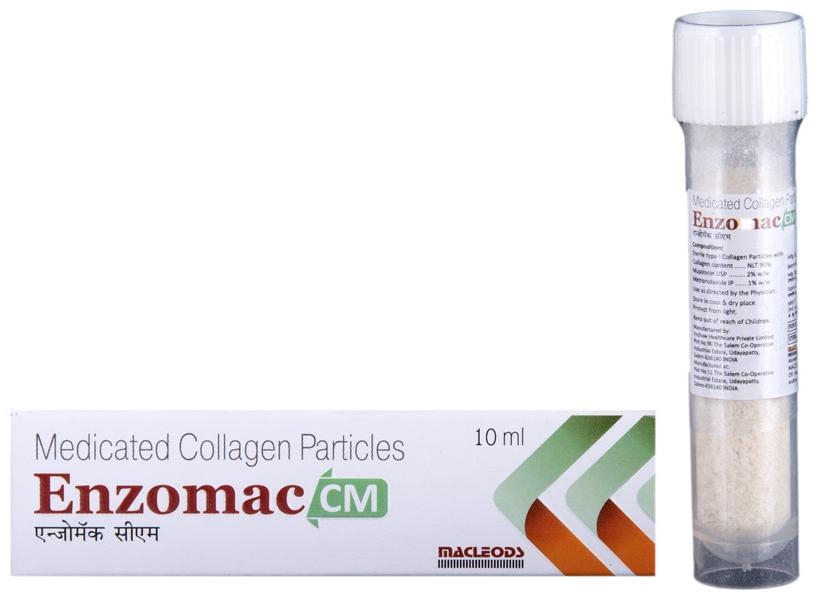Bacterial skin infections
Bacterial skin infections are common conditions affecting the skin, hair, and nails. They are caused by various types of bacteria that enter the body through cuts, scrapes, or other breaks in the skin. These infections can range from mild to severe and may require medical attention. Common bacterial skin infections include cellulitis, impetigo, folliculitis, and boils.
Medications: Treatment for bacterial skin infections typically involves the use of antibiotics, which are designed to kill or inhibit the growth of bacteria. These medications can be administered orally or applied topically, depending on the severity of the infection and the specific bacteria involved. Common antibiotics used to treat bacterial skin infections include penicillin, cephalosporins, erythromycin, and tetracyclines. Follow the prescribed treatment regimen and complete the full course of antibiotics to ensure effective elimination of the bacteria and to prevent the development of antibiotic-resistant strains.
In addition to antibiotics, other measures such as keeping the affected area clean and dry, applying over-the-counter antiseptic creams, and avoiding tight clothing or irritants may help alleviate symptoms and promote healing. In more severe cases or when infections do not improve with standard treatment, a healthcare professional may need to be consulted for further assessment and management.

Showing 601–612 of 626 results
Showing 601–612 of 626 results


